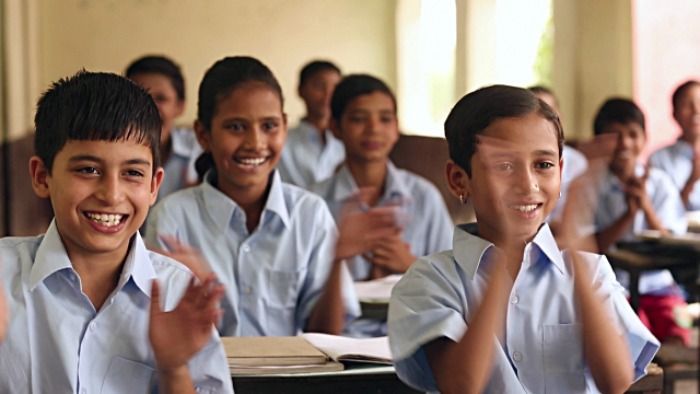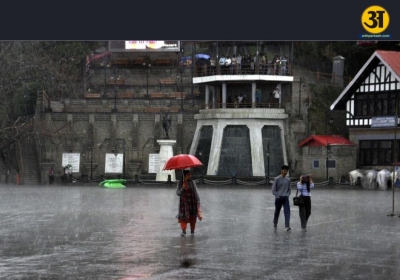
Student language choice empowered by West Bengal Education Minister
Student language choice empowered by West Bengal Education Minister
Bratya Basu, the Education Minister of West Bengal, has recently made an announcement that marks a significant shift in language policies for students in the state. Basu stated that students now have the liberty to select their first language without any intervention from the state government. This decision aims to respect the linguistic diversity and preferences of students across different regions of West Bengal.
Freedom to Choose First Language
In a commendable move towards language inclusivity, Minister Bratya Basu emphasized that students are now granted the freedom to choose their first language. The options are diverse and reflect the rich tapestry of languages present within the state. For instance, students in Kolkata can opt for Bengali as their first language, while those in the Darjeeling hills have the choice of selecting Nepali. Moreover, in specific regions, students can opt for languages like Alchiki or Rajbanshi as their first language. Additionally, the option to choose Urdu as the first language is also available.
Language Diversity for Second and Third Languages
Minister Basu reiterated the state government's stance on language diversity by highlighting that Bengali will not be imposed as the second language. Instead, the selection of second and third languages will be guided by the demographic composition and ethnic background of the local populace. The choices for second and third languages will be entirely based on the population trends and cultural affiliations prevalent in a given region. This approach ensures that language learning is aligned with the unique characteristics of each locality.
ALSO READ: Chhattisgarh reinstates 58% reservation in educational institutions to empower opportunities
Transparency and Access to Information
Minister Basu further emphasized the government's commitment to transparency and access to information. He mentioned that the policy recommendations, encompassing the language choices and provisions, will be made available on the official website. This move promotes accountability and allows students, parents, and educators to have a comprehensive understanding of the language policies in place.

New Education Policy for Languages
According to the new education policy introduced by the West Bengal government, students in classes 5 to 8 are required to learn three languages. Among these languages, Bengali is highlighted as a priority language. An official from the government clarified that the third language could be a local, regional, or even a foreign language. However, priority is given to languages like Bengali, Sanskrit, or Hindi. The overarching goal of this policy is to ensure that young learners in West Bengal are well-versed in Bengali, thereby preserving and promoting the state's linguistic heritage.
Inclusivity and Forward Progress
Bratya Basu's announcement reflects a progressive step towards fostering linguistic inclusivity and accommodating the diverse linguistic preferences within West Bengal. By empowering students with the freedom to choose their first language and ensuring a balanced approach to second and third languages, the state government is promoting cultural sensitivity and adapting to the needs of its population. This approach not only respects the region's linguistic diversity but also nurtures a sense of belonging and identity among the students.
ALSO READ: University of Arizona: Applications for Fall 2024 Undergraduate Degrees
The recent declaration by West Bengal's Education Minister Bratya Basu marks a pivotal moment in the state's language policies. By allowing students to choose their first language and promoting language diversity for subsequent choices, the government is championing the values of inclusivity and individual preference. This approach is set to create a harmonious and enriching educational environment where linguistic traditions are respected, celebrated, and seamlessly integrated into the learning journey of every student.





